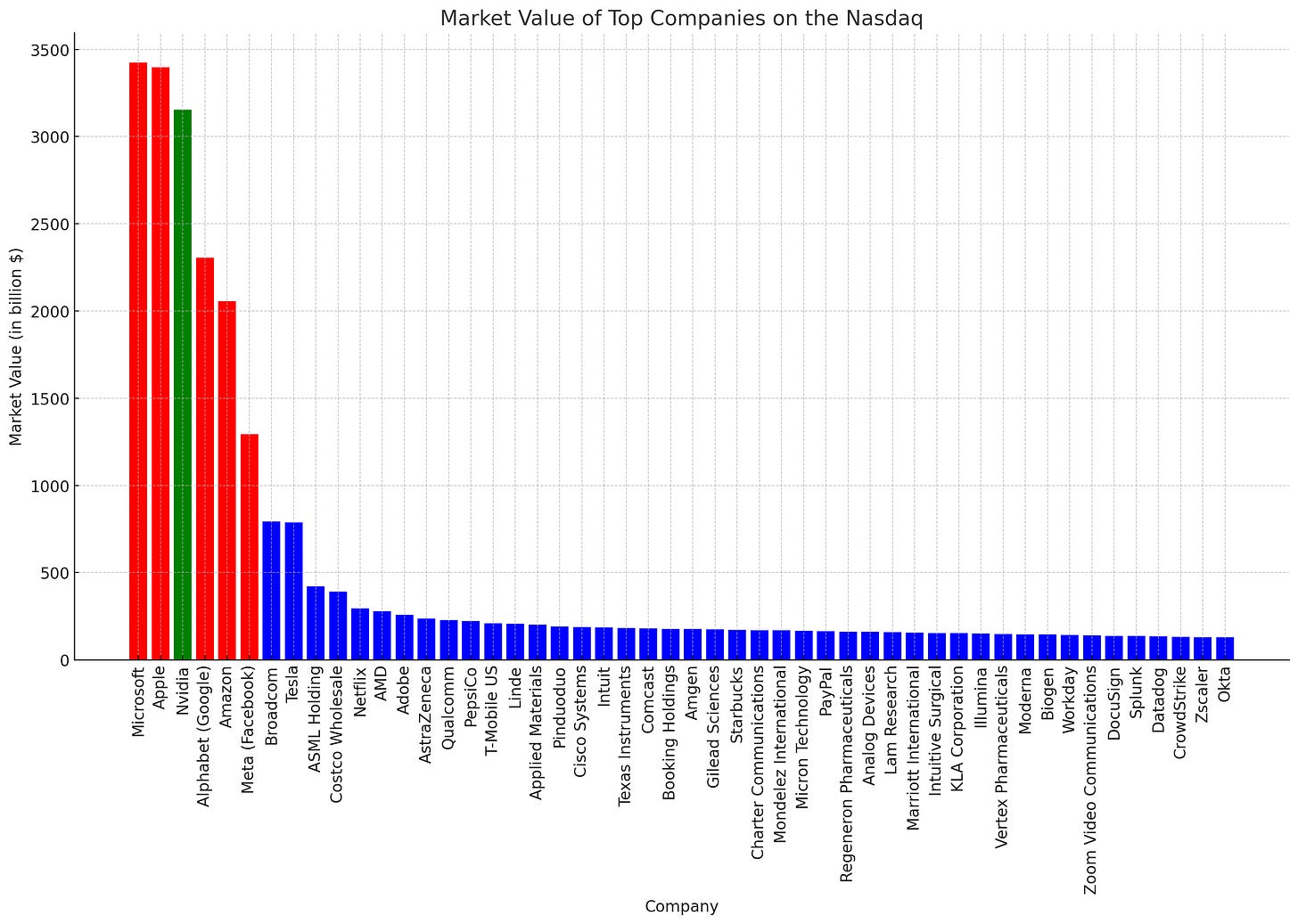Big Tech's profits are now enough to end global poverty
I was born in Sub-Saharan Africa, the epicentre of the global poverty crisis, so I wanted to know: Can tech's titans turn hubris into humanity?
Big Tech’s monopolies reported their latest earnings last week. Alphabet, Amazon, Apple, Meta, and Microsoft’s numbers are all in.
Jaws dropped and stocks rose. Billionaires gleefully shared their outrageous fortunes, and investors snaffled their share. Just one more island then, Jeeves…
The numbers soared past monopoly, and into some new sphere of business reality, setting new heights in an unprecedented era of concentrated wealth and control.
Alphabet and Microsoft went first.
Then Meta reported 2023 earnings of $126 billion or $303,414 a minute.
Amazon followed with $513 billion, or $1,129,251 per minute.
Combined earnings topped $1.52 trillion. Monopoly much?
Their $11.4 trillion market cap is now 56 per cent of the total value of the NASDAQ, compared with 33 per cent at the height of the dot-com bubble in 2000.
I guess when you have all the money, and all the stuff, you buy a President, and as I dove into the numbers over the weekend, it stirred a thought…
These magic-money-making-monopolies all make their moolah from people, but how responsive are they to humanity’s greatest needs? Is it all dollars and no sense?
So, I’m going to share a secret.
A close network of friends and I began incubating an idea a year ago. It’s a start-up called 12.
The goal was to gather 12 of the world’s brightest thinkers to tackle the world’s 12 most pressing problems, once a month, for 12 years, and then measure the impact.
To identify the greatest crises, we went to the United Nations, UNICEF, The World Food Programme, The World Health Organization, and The World Bank.
They highlighted food insecurity, climate change and environmental degradation, access to clean water and sanitation, education inequality, healthcare access, political instability and conflict, economic and opportunity inequality, human rights, global health, immunisation and the risk of pandemics, unemployment and a lack of economic opportunities.
At the pinnacle of them all, was the root cause: Poverty.
I asked if it could be solved with Big Tech’s $285 billion a year in net profits. It’s close to my heart as poverty is felt most in Sub-Saharan Africa, where I was born.
This is what I found out 👇
Keep reading with a 7-day free trial
Subscribe to Future Media to keep reading this post and get 7 days of free access to the full post archives.





